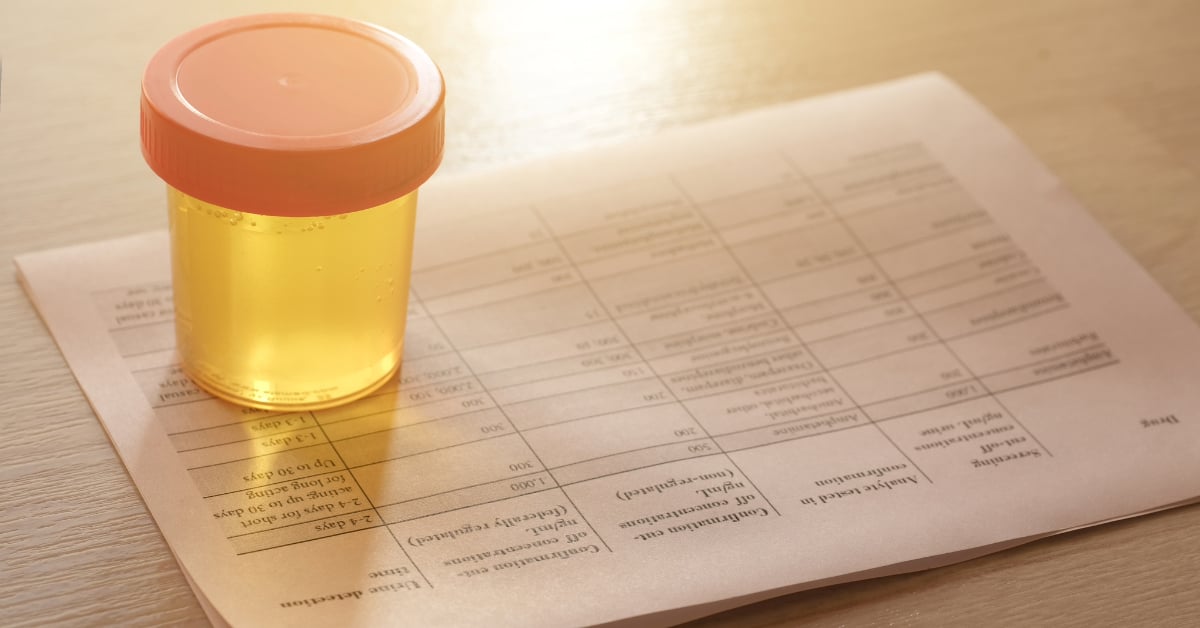New and Changing Laws on the Horizon As Washington Employers Prepare for 2024
The holiday season is in full swing, and HR professionals know that means it's crunch time to wrap up any necessary end-of-year tasks and prepare for...
2 min read
 Colleen Mayer
:
Oct 2, 2023 11:26:00 AM
Colleen Mayer
:
Oct 2, 2023 11:26:00 AM

A new law was passed by the Washington legislature and signed by Governor Inslee in May 2023 that restricts employers’ ability to conduct pre-employment drug testing for the presence of marijuana. The law is effective January 1, 2024. Many drug tests identify the presence of marijuana through screening of “non-psychoactive cannabis metabolites” that can show up on a drug test up to 30 days after use. The term “non-psychoactive cannabis metabolites” is not defined in the law. However, it is typically used to reference the reaction in the body as a result of using a cannabinoid that does not create a “high,” such as CBD. The presence of non-psychoactive cannabis metabolites only indicates past use, not current impairment. The law was enacted to “prevent restricting job opportunities based on an applicant’s past use of cannabis.” The new law, Senate Bill 5123, is not yet codified but will be in RCW 49.44.
The law makes it unlawful for an employer to discriminate against a person in the initial hiring for employment based upon 1) the applicant’s off-duty marijuana use or 2) the positive results of a drug screen that finds the presence of non-psychoactive cannabis metabolites. This restriction does not prevent pre-employment drug tests that do not screen for non-psychoactive cannabis metabolites, drug testing during employment such as reasonable suspicion or post-accident testing, or the rights and obligations to be a drug-free workplace or comply with federal law or regulations. Employers can still have an applicant screened for all controlled substances as long as the non-psychoactive cannabis metabolites results are not shared with the employer.
Occupations requiring federal background checks or security clearance are exempt from the law. Also, the law does not apply to positions within law enforcement, fire department or fire protection services, first responders, airline or aerospace industries, corrections officers, or safety-sensitive jobs where working while impaired “presents a substantial risk of death.” Employers must designate positions as safety-sensitive before applicants apply for the job. The new law is also clear that it does not preempt state or federal laws that require applicants to be tested for controlled substances.
Washington employers are encouraged to review their drug testing policy to ensure it complies with the new law. Employers conducting pre-employment drug screening should contact their drug testing vendor to see if there are drug tests that do not screen for non-psychoactive cannabis metabolites. In doing so, they may discover that the correct tests are unavailable, or the vendor does not anticipate they will be available by January 1. In that case, employers will either need to ask the drug testing company not to provide them with the marijuana screen results or remove marijuana from the drug testing panel altogether. Employers should also examine their application process to ensure that no application or interview questions could reveal off-duty marijuana use.
Eligible Archbright members can download one of our compliant sample Drugs and Alcohol in the Workplace policies from the mozzo Resource Library and customize it for their workplace. Eligible members can also contact the HR Hotline for help with their specific situation. For more information on Archbright membership, contact info@archbright.com.

The holiday season is in full swing, and HR professionals know that means it's crunch time to wrap up any necessary end-of-year tasks and prepare for...

In 2012, Washington’s Department of Labor and Industries initiated a formal Stay at Work program to incentivize employers to utilize light-duty...

Do your employees work from heights in the state of Washington? If so, you may need to brush up on the Washington Labor and Industries’ (L&I) updated...